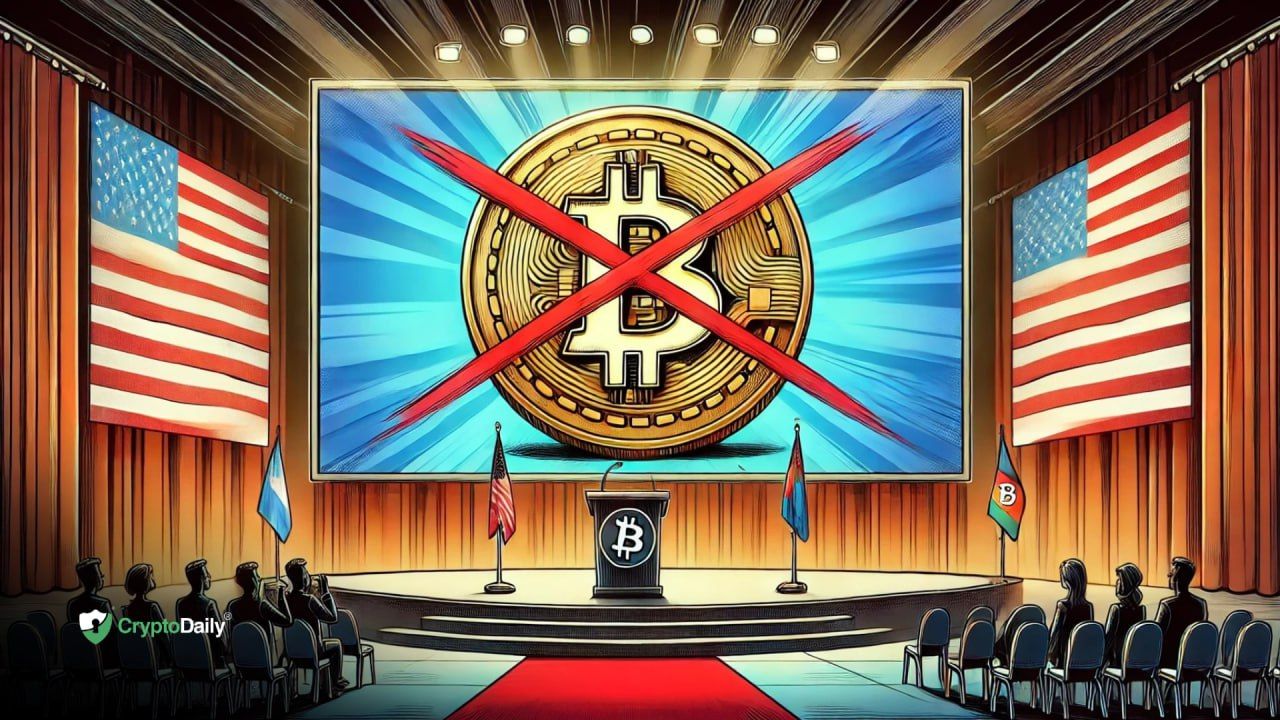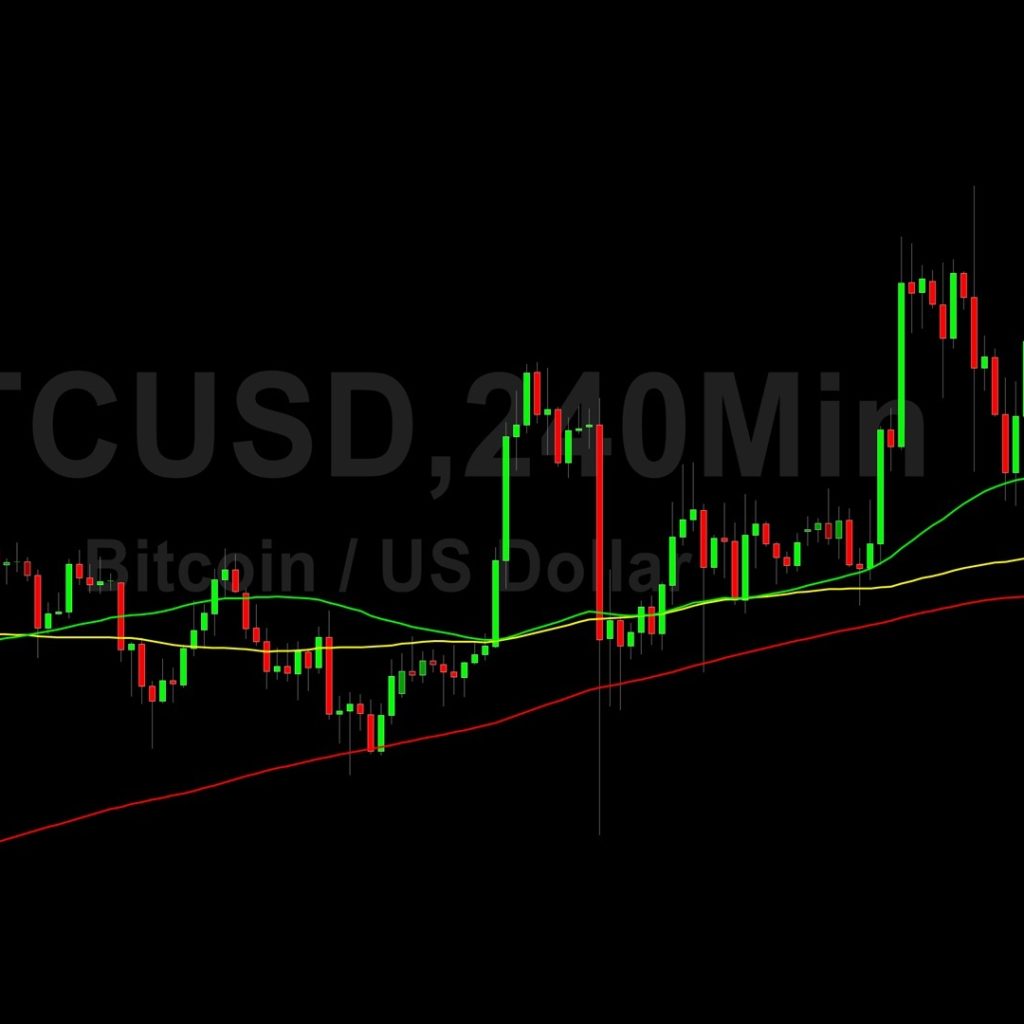Neel Kashkari, President of the Federal Reserve Bank of Minneapolis, has once again voiced his skepticism regarding Bitcoin, stating that the cryptocurrency remains "worthless" even after 12 years of existence.
Kashkari's Criticism of Bitcoin
Kashkari emphasized that despite Bitcoin's long-standing presence, it has failed to prove itself as a legitimate asset or a reliable currency. His comments are consistent with his long-standing critique of cryptocurrencies.
In 2022, he had dismissed Bitcoin as a "tool of speculation" and a product of what he referred to as the “greater fool” theory. He has often pointed out that Bitcoin lacks several characteristics required for a reliable currency, such as scarcity, inflation resistance, and a structured taxing authority. His criticism remains sharp, underscoring his belief that Bitcoin has not managed to find practical utility as a means of payment or an inflation hedge.
This latest remark comes at a time when Bitcoin's volatility remains high, with the asset seeing significant price fluctuations in 2023. Despite its impressive performance over the years, Kashkari believes it has little value in the long-term scope of financial markets.
Bitcoin's Recent Performance
While Kashkari's stance may seem harsh, Bitcoin has experienced notable growth since its inception. Over the years, Bitcoin has surged in value, rising by 9% in 2012, 59% in 2016, and a remarkable 171% in 2020. Even in 2023, Bitcoin has outperformed many other major asset classes. According to recent data, Bitcoin is up 45% this year, and its value increased by 10% in the last month alone. However, the third quarter has been less favorable, with Bitcoin's price rising by only 0.8%, trailing behind other assets like gold, which increased by 13.8%.
Demand for Spot BTC ETFs
Despite this volatility, demand for Bitcoin ETFs (Exchange-Traded Funds) continues to rise. U.S. spot Bitcoin ETFs recorded cumulative inflows of $253.54 million on October 11, followed by another $555.86 million on October 14, according to ETF tracker Sosovalue. These figures demonstrate that while some, like Kashkari, remain unconvinced, institutional interest in Bitcoin is still significant.
A Divisive View
While Kashkari's comments reflect a broader skepticism from traditional financial institutions toward Bitcoin, the cryptocurrency's strong performance over the years, along with increasing institutional interest, suggests that it still has a dedicated following. Whether Bitcoin will eventually prove Kashkari wrong remains to be seen, but his critique highlights the ongoing tension between decentralized cryptocurrencies and central banks.
Disclaimer: This article is provided for informational purposes only. It is not offered or intended to be used as legal, tax, investment, financial, or other advice.





